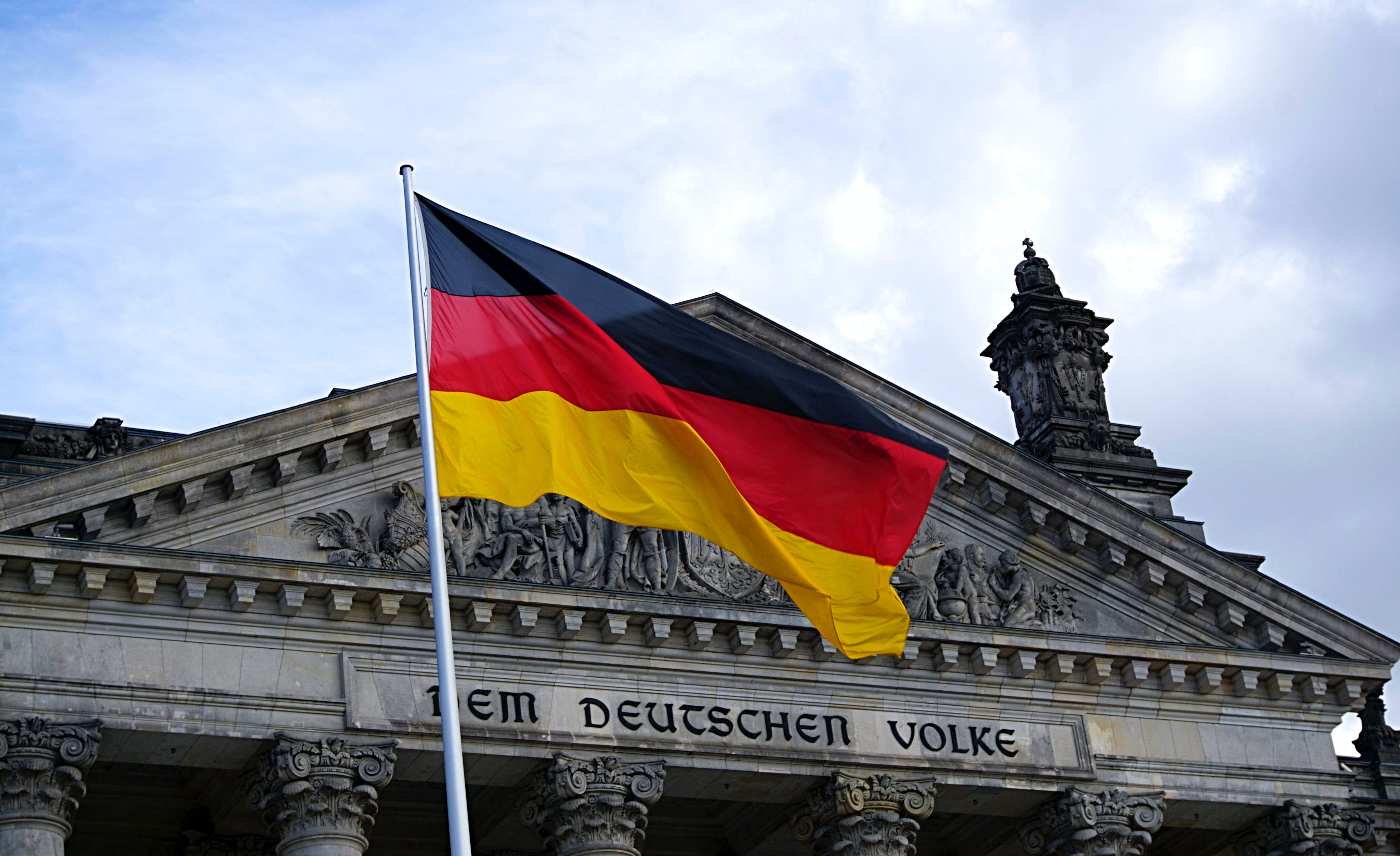Vladimir Putin’s next re-election
| By Jessica Brobald | 0 Comments

By Fedor Pilipenko, Public Affairs Analyst / Germany
In the notable election year of 2024, nearly half of the global population will participate in shaping their respective governmental structures. Among them are the citizens of Russia, who are poised to participate in this weekend’s presidential elections, determining the country’s leadership for the ensuing six years. Although Grayling has not been active in Russia since the war with Ukraine and despite the expected outcome of this election, its significance persists, particularly from a geopolitical standpoint, helping to shape the trajectory of European and American foreign policies.
Terms and status quo
The term “elections” may sound somewhat blatant given the prevailing circumstances surrounding the upcoming electoral process. Elections in Russia have long faced criticism for their lack of transparency and fairness, with significant shifts observed since the previous elections in 2018. This marks the first election in Russia since Vladimir Putin’s incursion into Ukraine, which precipitated economic sanctions, substantial loss of life.
As of 2024, independent media within Russia remains inaccessible without VPN services, censorship prevails, threatening severe penalties for any criticism of the Russian armed forces, while protest activities remain suppressed due to COVID-19 restrictions which have been enforced since 2020. In addition, virtually all Kremlin critics and opposition are in prison or exile. The most prominent of them, Alexei Navalny, died a few weeks ago.
The legitimacy of these elections is further undermined by various factors. For the first time, a three-day election with the possibility of electronic voting is being introduced in many regions of Russia, which opens up opportunities for unlimited election manipulation. In addition, elections are planned in the annexed regions of Ukraine, where it is practically impossible to accurately determine the actual electorate.
Under these conditions, Vladimir Putin is able to run for his fifth term as Russian president and possibly extend his rule until 2036.
Who are the opponents?
This time, there are only three candidates on the ballot alongside Vladimir Putin, the lowest number in Russia’s recent history. All of them from parliamentary satellite parties: Nikolai Kharitonov (“Communist Party”), Vladislav Davankov (“New People”) and Leonid Slutsky (“Liberal Democratic Party”). None of them criticised Putin directly; only Davankov spoke out moderately in favour of negotiations and an end to the war. The anti-war candidate Boris Nadezhdin has already been excluded due to an allegedly high error rate in the signature lists required for a candidature.
Official polls currently estimate support for Putin at over 70%, but at the same time show a war-weariness and willingness to negotiate among the population. However, the extent to which these sentiments will be reflected in the election results remains uncertain in view of the prevailing political repression and the possibilities of election manipulation.
What lies ahead for the West?
With Putin in power, Russia’s course in Ukraine is unlikely to change. A new wave of mobilisation after the election is considered very likely if the Russian leadership sees a need on the frontline. In many ways, the future of Ukraine will depend on the presidential elections in the USA in November, which, as the largest donor of money and weapons, could take the opposite course if Donald Trump returns into office. Currently, an improvement in Russia’s Western relations is difficult to imagine without a complete withdrawal of troops from Ukraine, which would mean a defeat for Putin.
Conclusion
There is little to suggest that anything could stand in the way of Putin’s re-election this weekend. Two years after the start of the war, Russian civil society has little choice with no political competition and a constrained ability for public protests. The West will probably have to continue to prepare for a Russia with Putin.
Photo by: EPA/ALEXEI NIKOLSKY / SPUTNIK / KREMLIN POOL










